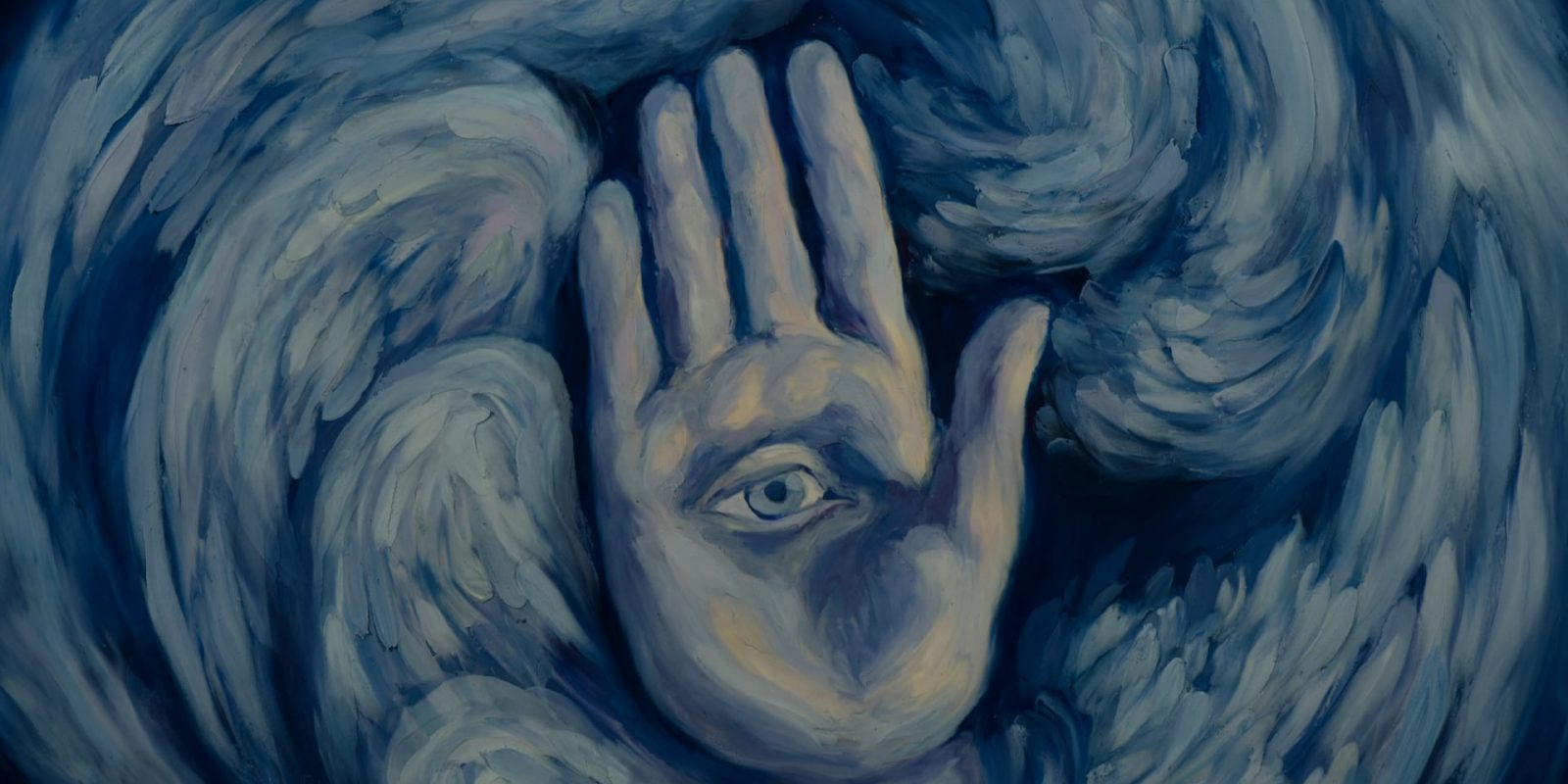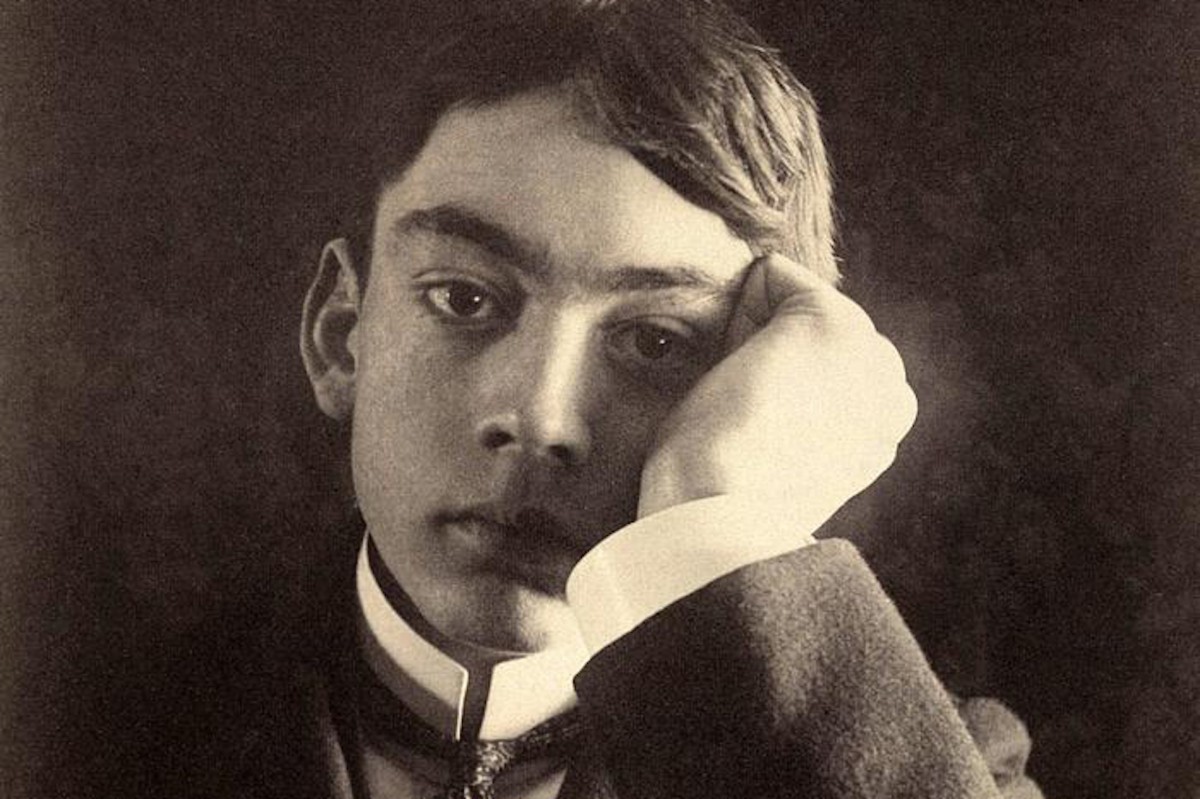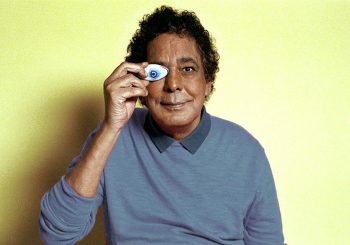
Gibran Khalil Gibran, also known as Kahlil Gibran, was more than just a poet. He was also a soulful leader. He felt deeply and communicated wholeheartedly, and carried the ethos of ‘dogma-free’ universal spiritualism that made his works so widely read and loved by people from all across the world.
The most defining characteristic of Gibran’s work is its soulful authenticity, integrity and empathy. It attempts to simply understand the human experience through a universal lens and ask questions that relate to all of us, such as: What are love, joy, sorrow, and freedom? And how can we find meaning and purpose in even the simplest tasks in our lives like eating, drinking, buying clothes and resting?
In our current day-to-day lives, we are often met with big and complex challenges, such as climate change, sustainability, and a global pandemic. But even amidst the trouble of trying to find the answers for these large questions, Gibran’s poetry reminds us to continue asking and solving even the simplest questions, and that the more we value simplicity, the more it can help us find meaning and a sense of stability.
Looking through a window of his soul, here are a couple of quotes by Gibran to live by in our world today:
On love
“When love beckons to you follow him,
Though his ways are hard and steep.
And when his wings enfold you yield to him,
Though the sword hidden among his pinions may wound you.
And when he speaks to you believe in him, Though his voice may shatter your dreams as the north wind lays waste the garden.
For even as love crowns you so shall he crucify you. Even as he is for your growth so is he for your pruning.
Even as he ascends to your height and caresses your tenderest branches that quiver in the sun, So shall he descend to your roots and shake them in their clinging to the earth……
Love possesses not nor would it be possessed; For love is sufficient unto love. And think not you can direct the course of love, if it finds you worthy, directs your course. Love has no other desire but to fulfil itself.”
On pain
Your pain is the breaking of the shell that encloses your understanding.
Even as the stone of the fruit must break, that its heart may stand in the sun, so must you know pain.
And could you keep your heart in wonder at the daily miracles of your life your pain would not seem less wondrous than your joy;
And you would accept the seasons of your heart, even as you have always accepted the seasons that pass over your fields.
And you would watch with serenity through the winters of your grief.
Much of your pain is self-chosen.
It is the bitter potion by which the physician within you heals your sick self.
Therefore trust the physician, and drink his remedy in silence and tranquility:
For his hand, though heavy and hard, is guided by the tender hand of the Unseen,
And the cup he brings, though it burn your lips, has been fashioned of the clay which the Potter has moistened with His own sacred tears.
On friendship
Your friend is your needs answered.
He is your field which you sow with love and reap with thanksgiving.
And he is your board and your fireside.
And when he is silent your heart ceases not to listen to his heart;
For without words, in friendship, all thoughts, all desires, all expectations are born and shared, with joy that is unacclaimed.
When you part from your friend, you grieve not;
For that which you love most in him may be clearer in his absence, as the mountain to the climber is clearer from the plain.
And let there be no purpose in friendship save the deepening of the spirit. Seek him always with hours to live.
For it is his to fill your need but not your emptiness.
And in the sweetness of friendship let there be laughter, and sharing of pleasures.
For in the dew of little things the heart finds its morning and is refreshed.
On giving
You give but little when you give of your possessions.
It is when you give of yourself that you truly give.
For what are your possessions but things you keep and guard for fear you may need them tomorrow?
And what is fear of need by need itself?
Is not dread of thirst when your well is full, the thirst that is unquenchable?
It is well to give when asked, but it is better to give unasked, through understanding;
And to the open-handed the search for one who shall receive is joy greater than giving.
And is there aught you would withhold?
All you have shall some day be given;
Therefore give now, that the season of giving may be yours and not your inheritors.







Comments (5)
[…] Source link […]
[…] المصدر by [author_name] كما تَجْدَرُ الأشارة بأن الموضوع الأصلي قد […]